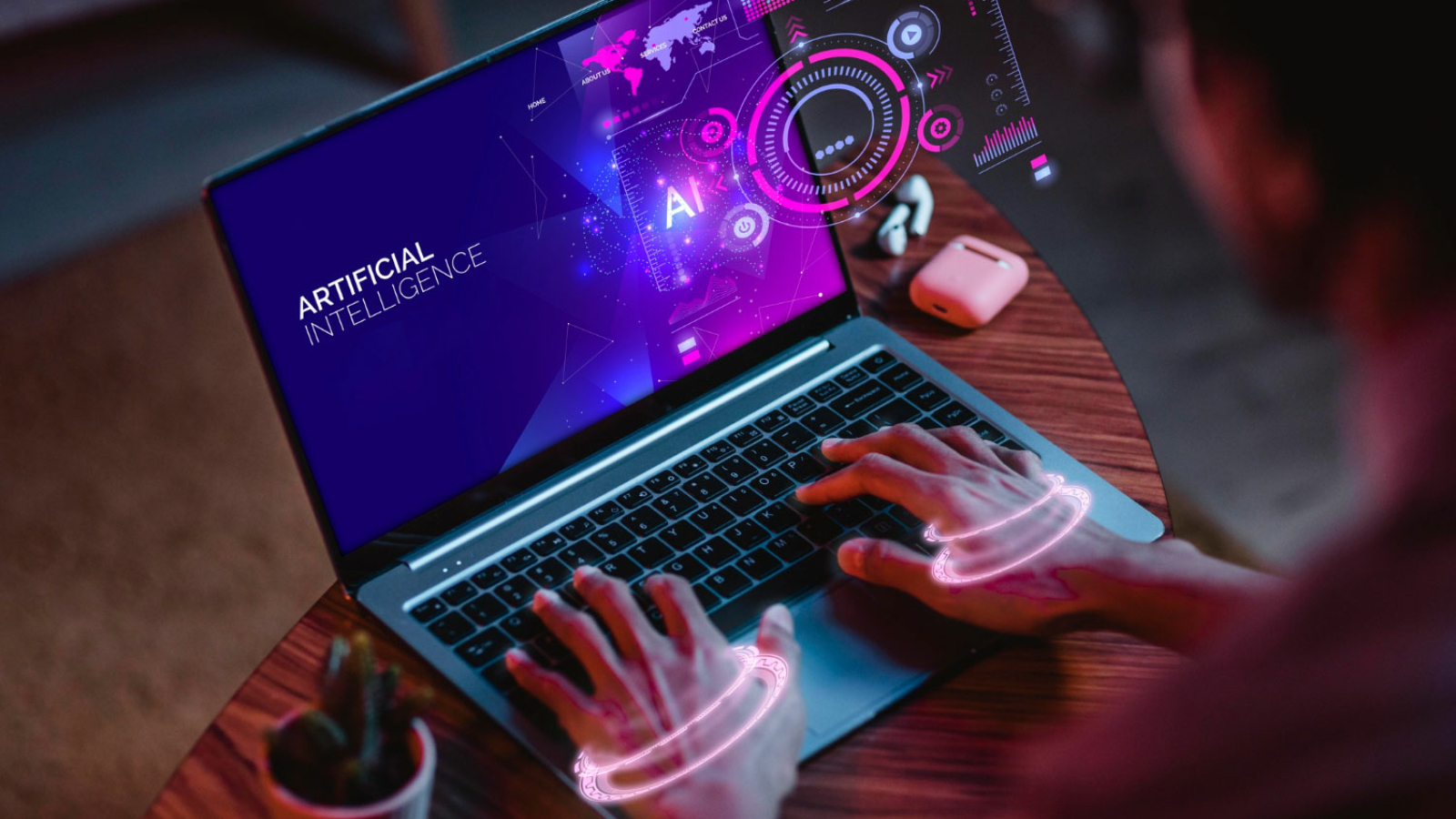“AI knows it all, can do it all and if it doesn’t right now, it will for sure at some point, it’s just a matter of when.”
We live in an age when knowledge is virtually accessible from anywhere. Ignorance is a deliberate decision.
One can navigate to the Generative AI of their choice and learn anything in about a minute. Generative AI can also be fed with specific content, and be used to retrieve specific information. Suddenly we can know whatever we want to.
But if we are no longer constrained by the barriers of knowledge, in our private and work lives, do we still require any sort of training?
Let’s take the perspective of a leader of an organisation. When knowledge is used to make a decision, suddenly understanding WHICH information to use becomes more important than having information to begin with. Using different information can lead to making very different decisions.
We select which information to use by asking the right questions. Asking the right question can allow us to retrieve the right piece of knowledge we need to make a decision and solve a problem.
So if we want to prepare ourselves and our people for a job where we are required to make decisions,we must learn to ask the right questions.
How do we get better at asking questions? Or in other words, how do we become better curators of the problem?
Here are in my view 3 fundamental elements, to become better curators of a problem.
#1 Build strong mental representations
Psychologist Anders Ericsson wrote that what sets expert performers apart from everyone else is the quality and quantity of their mental representations.
Mental representations are: “pre-existing patterns of information — facts, images, rules, relationships, and so on — that are held in long-term memory and that can be used to respond quickly and effectively in certain types of situations.
Why they matter: they make it possible to process large amounts of information quickly, despite the limitations of short term memory. They allow experts to make faster, more accurate decisions and respond more quickly
Mental representations help us become better at understanding systems, how systems operate, which are their parts, how they interact.
Developing strong mental representations involves “deliberate practice”: it involves working towards a goal, breaking it down into smaller components, building a feedback loop. And put a lot of practice into it.
#2 Increase the interactions with other people
In his book “Informal Learning” futurist Jay Cross wrote that formal learning – training, e-learning etc. – is the source of only 10% to 20% of what we learn at work. The “other 80%” comes from the interaction with other people.
So to accelerate our improvement at some job, we need to increase the number of our work interactions.
How to do that: besides creating shadowing programs, it is fundamental to create the conditions to bring people to a problem instead of the other way round.
Bringing a team together to solve a problem can be a great source of learning, mixing expert and less expert people. There are various ways to do this, with sprints, hackathons, and swarming escalation forums.
#3 Create safe conditions for people to try something new
If people need to “practice” we also need to be sure that:
- They don’t create a big issue for the company when they make a mistake
- They don’t fear being punished or diminish their status when they are wrong
- They have fun trying something new
Creating safe conditions is the logical prerequisite to the first 2 points – building mental representations and increasing interactions. And it is very much the job of the leader of the organisation, the person in charge of the performance – and the development – of the people.
Conclusion
So how can we prepare ourselves (and our people) to work effectively with AI? We need to become strong problem curators. To do that it is fundamental that we create the conditions to:
- Build strong mental representations
- Increase the interactions with other people
- Create safe conditions for people to try something new
AI certainly knows it all and we should use it, like any other tool. And we should strengthen our ability to curate problems and ask the right questions.
For further reading
Informal Learning: Rediscovering the Natural Pathways That Inspire Innovation and Performance


Add a Comment